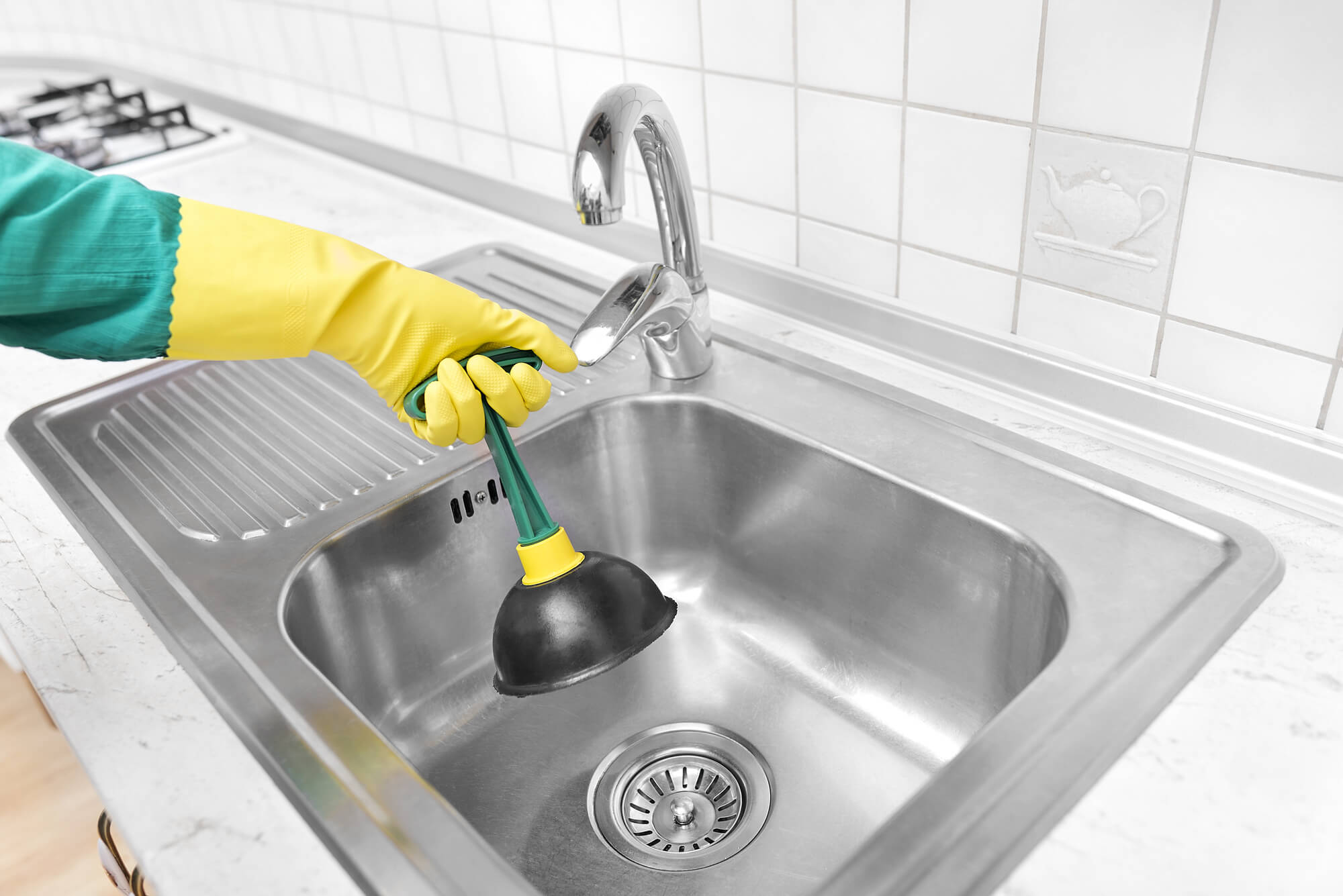Clogged drains are among the most common and frustrating plumbing issues homeowners face. Whether it’s a slow-draining sink or a completely blocked shower, these problems can disrupt your daily routine and lead to costly repairs. Fortunately, many clogs can be prevented before they ever begin. With the right habits and guidance from a trusted plumbing company, you can keep your drains running smoothly all year round.
1. Be Mindful of What Goes Down the Drain
One of the easiest and most effective ways to prevent clogged drains is to watch what you put down them.
In the Kitchen:
Avoid pouring grease, oil, or food scraps down the sink. Grease may be liquid when hot, but it solidifies in the pipes, trapping food particles and creating tough blockages. Always use a strainer to catch food debris and dispose of it in the trash.
In the Bathroom:
Hair, soap scum, and hygiene products are common culprits of bathroom clogs. Install drain screens in showers and sinks to catch hair and debris before they go down the pipes.
A reliable plumbing company will confirm that just a few careless habits can lead to major drainage problems.
2. Install Drain Strainers and Covers
Drain strainers are inexpensive but powerful tools that prevent solid debris from entering your pipes. Use them in every sink, bathtub, and shower in your home. Don’t forget basement and laundry room floor drains as well.
If you’re not sure what type of strainer is best for your plumbing system, your local plumbing company can help you choose and install the right ones.
3. Avoid Harsh Chemical Drain Cleaners
While chemical cleaners may offer a quick fix for a slow drain, they often do more harm than good. These cleaners contain corrosive ingredients that can damage your plumbing over time, especially with repeated use.
Instead, try a natural method like pouring baking soda followed by vinegar down the drain, then flushing with hot water. For stubborn buildup, contact a professional plumbing company for a safe and effective cleaning solution.
4. Flush with Hot Water Weekly
Flushing your drains with hot water once a week helps loosen minor grease or soap buildup. Simply heat water in a kettle, let it cool slightly, and pour it down the drain slowly. You can also add a bit of dish soap or vinegar to help clean the pipes.
If your drains are older or more sensitive, check with your plumbing company before starting this routine.
5. Properly Dispose of Grease
Never pour grease or used cooking oil down the sink. Instead:
- Allow grease to cool and harden, then scrape it into a container and dispose of it in the trash.
- Wipe greasy pans with a paper towel before washing.
- Use a designated grease can or jar for safe disposal.
If you’re unsure about best practices, your plumbing company can provide helpful tips and recommend proper disposal techniques.
6. Schedule Regular Drain Maintenance
Even with the best prevention efforts, some debris and residue can still accumulate over time. That’s why regular drain maintenance is essential.
Many homeowners schedule professional drain cleaning with a plumbing company every year or two. This service helps remove deep-set grime and keeps your pipes flowing efficiently.
7. Educate Everyone in the Household
Clog prevention works best when everyone in the home is on the same page. Make sure all family members know what should and shouldn’t go down the drains. Consider putting up small reminders near sinks or toilets if needed.
A reputable plumbing company can also provide educational materials and maintenance tips during home visits.
8. Be Careful with Landscaping and Tree Roots
Tree roots are a common cause of underground pipe blockages. Roots seek moisture and can grow into small cracks in sewer or drain lines, leading to significant damage.
When planting new trees or shrubs, avoid placing them near underground plumbing lines. A plumbing company can help map out safe areas in your yard to prevent root intrusion.
9. Watch for Warning Signs of a Clog
Early detection is key to avoiding major problems. If you notice any of the following, it may be time to call a plumbing company:
- Gurgling sounds from drains
- Foul odors
- Water backing up
- Slow drainage
Catching these signs early can save you from more costly and disruptive repairs down the line.
Final Thoughts
Preventing clogged drains doesn’t have to be difficult. With a few simple habits, regular maintenance, and help from a skilled plumbing company, you can avoid blockages and enjoy free-flowing drains throughout your home.
If you’re ready to take a proactive approach, reach out to your local plumbing company today. Their expertise and preventative care can help you avoid clogs before they ever start.



